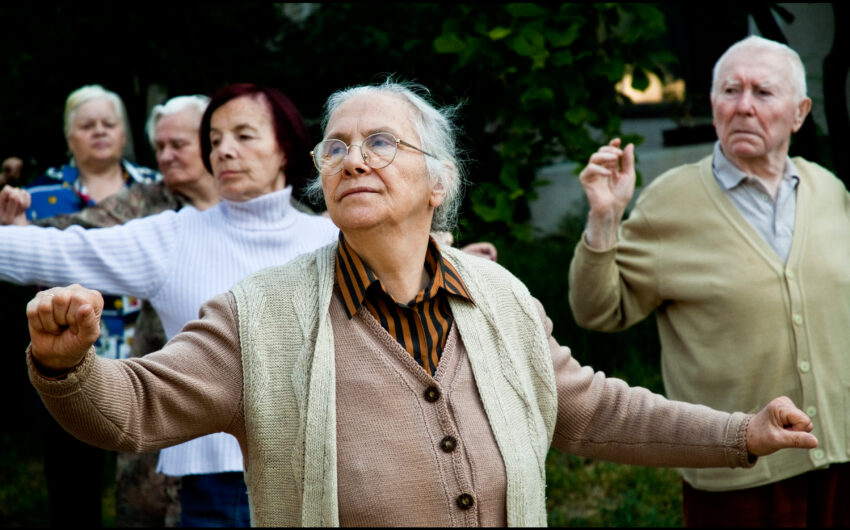
Bones provide structure, protect organs, anchor muscles and store calcium, yet your bones are constantly changing as new bone is made and old bone is broken down. The likelihood of developing osteoporosis – a condition that causes bones to become weak and brittle – depends on how much bone mass you attain by the age of 30 and how rapidly you lose it after that. CareMalta, leading providers of care for the elderly in Malta, discuss some factors that affect our bone health and what we can do about them.
Factors that Affect Bone Health
Although there are some inevitable factors that increase the chances of getting osteoporosis, such as gender and hormone levels, there are some which we have a certain amount of control over.
Calcium in your Diet
Our body can’t produce its own calcium, which is why it is essential to get it through our diet. Otherwise, it is taken from our bones, eventually causing them to weaken and break. The recommended daily allowance increases from 1,000 mg of calcium a day to 1,200 mg for women after age 50 and for men after age 70. Although most people associate calcium with dairy products, there are many other great sources of calcium, especially for vegans and those suffering from lactose intolerance. Almonds, broccoli, kale and soy products, such as tofu are all great examples.
Vitamin D
Vitamin D is essential for bone health as it is needed to absorb calcium. This vitamin can be found in tuna and salmon, cereals, orange juice and soy milk, all Vitamin D-fortified foods.
Physical activity
Like muscle, bone is living tissue that responds positively to exercise; therefore, people who are physically active have a lower risk of osteoporosis. The most effective exercises for bones are weight-bearing ones, such as weight training, climbing stairs, brisk walking and tennis, which force you to work against gravity. Other than building strong bones and slowing down bone loss, exercising also allows us to maintain coordination and balance, which helps to prevent falls and related injuries.
Tobacco and Alcohol Use
The effects of cigarette smoking are not limited to lung cancer and heart disease, which is what it is most widely associated with. Research shows that smoking also contributes to weak bones. Similarly, regularly drinking more than two alcoholic drinks daily increases the risk of osteoporosis, possibly because alcohol can interfere with the body’s ability to absorb calcium. Therefore, avoiding smoking and drinking more than two alcoholic drinks a day decreases the risk of osteoporosis.
At CareMalta, we cater to all residents and needs in all nine of our retirement homes in Malta. If you have a family member with osteoporosis who needs the right care and attention, contact us to find out what we offer and how we can help
Follow us on Facebook for more news and updates!
